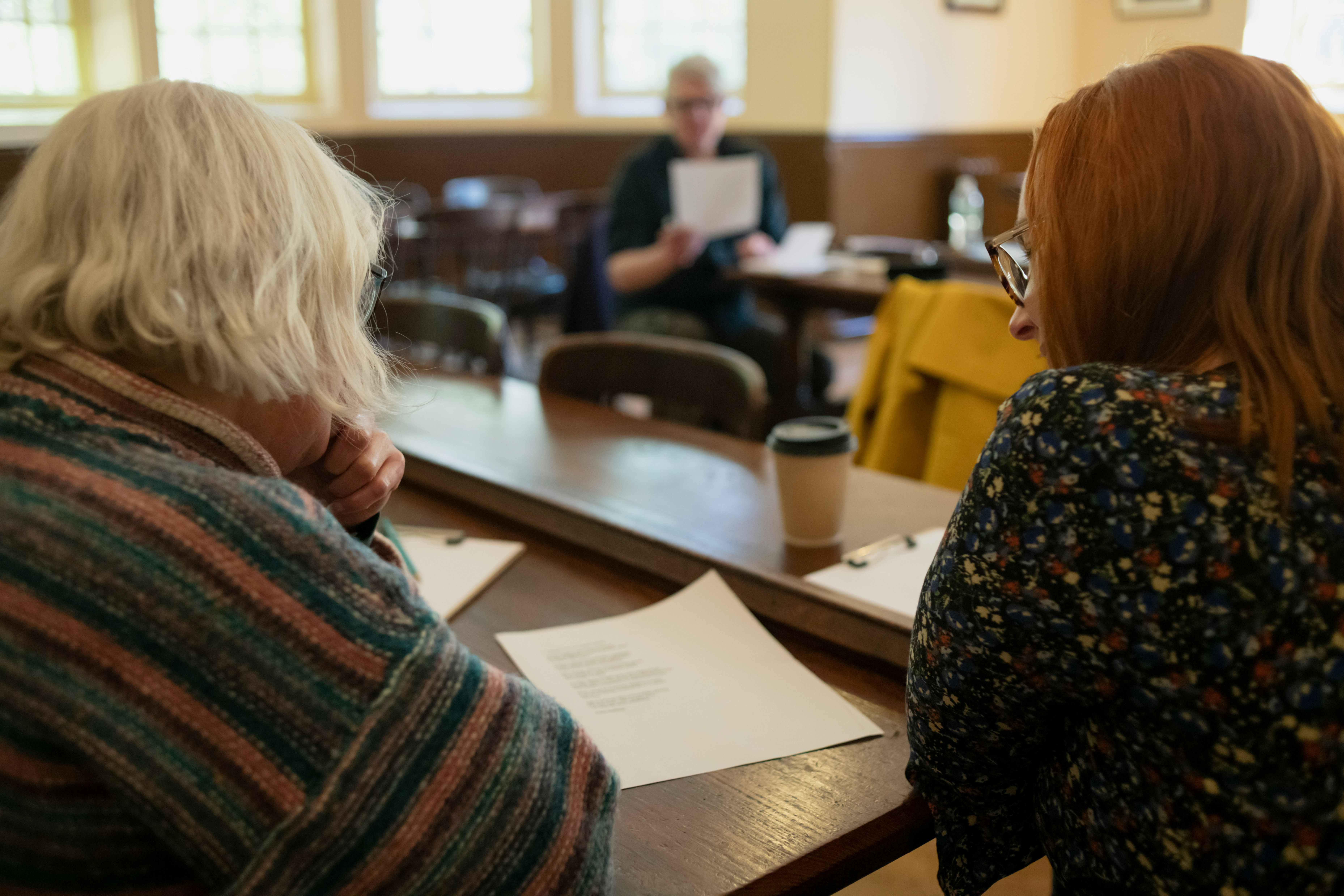

Involving people with lived experience in work to improve services, systems, policy and practice is often referred to as ‘engagement’.
Engagement practice can be good, but it can also be tokenistic, and sometimes even harmful to those involved.
As lived experience engagement work becomes more widespread across the voluntary, public, and academic sectors, we want to raise expectations around how this work can be done well.
We want to share what we have learned and support the development of best practice.
Many women have experienced physical violence and abuse or been subjected to coercion and control. Their lives have been dictated by oppression and inequality, including misogyny, racism and poverty, limiting their power and their choices.
Women’s responses to these traumatic experiences are all too often accompanied by a sense of shame, guilt and personal failure, rather than being seen as the fault of systems and structures.
Challenging these structures is difficult and can risk re-traumatising participants, so we have developed a trauma-informed approach to engagement practice that is safe and really works. This approach emphasises:
Physical and emotional safety
Trustworthiness
Choice
Collaboration
Empowerment
Cultural, historical and gender sensitivity
If you'd like to learn more about our trauma-informed engagement model, or discuss how your organisation or service can make use of it, please get in touch.
Our two hour online interactive training is designed to help explore the core values of the trauma-informed approach, develop an understanding of Birth Companions’ engagement model, and support others to develop their own safe, meaningful and trauma-informed engagement work.